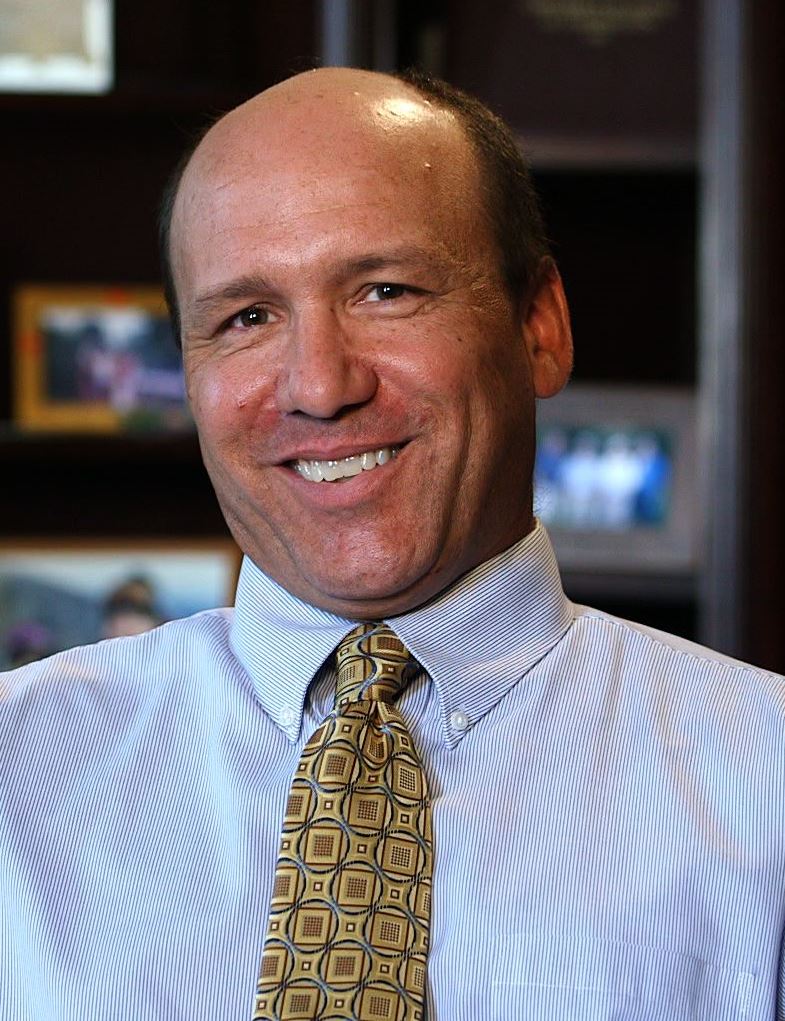Update April 14th: There is more here and here today as Gowdy causes a stir.
This press release and letter (below) were issued today by the office of South Carolina Rep. Trey Gowdy. For new readers, click here, for background on the controversy. Gowdy is the Chairman of the House Judiciary Subcommittee responsible for the Refugee Resettlement Program. As Chairman, Gowdy needs to know that this is how the whole program operates nationally—in secrecy!
Maybe due to Gowdy’s swift and decisive action, other communities, which are being kept in the dark, will get some relief!
FOR IMMEDIATE RELEASE Date: April 13, 2015
Contact: Amanda Duvall amanda.duvall@mail.house.gov 202-225-6030
Gowdy Requests Information on Spartanburg Refugee Resettlement Program
Washington, DC—Congressman Trey Gowdy (R-SC) today sent a letter to the State Department, requesting information on plans for a refugee resettlement in Spartanburg.
Please see text of the letter:
The Honorable John Kerry Secretary U.S. Department of State 2201 C Street, NW Washington, DC 20520
Dear Secretary Kerry,

I write regarding the potential resettlement of refugees to the Spartanburg, South Carolina, area. It has been reported by media outlets, and confirmed by staff within your Department’s Bureau of Population, Refugees, and Migration (PRM), that a resettlement agency submitted a proposal to open an office in Spartanburg. In addition, it is my understanding that the U.S. Refugee Admissions Program (USRAP) approved the request to resettle a certain number of refugees in Spartanburg.
As the Member of the U.S. House of Representatives representing the Spartanburg area, I am deeply concerned about the lack of notice, information, and consultation afforded to me and my constituents about this issue. As such, please provide the information requested and answers to questions below:
1. Please provide a copy of the proposal submitted by the resettlement agency and any subsequent correspondence between your Department and the resettlement agency.
2. When was the resettlement agency’s proposal submitted? When was it approved by USRAP?
3. How were the claims made in the proposal as to Spartanburg’s readiness to resettle refugees verified for accuracy by USRAP prior to approval?
4. What, if any, steps were taken to notify and consult with local government officials (elected or otherwise) prior to the approval of the resettlement proposal? If so, who was contacted and did they approve the proposal?
5. Which officials/employees of the South Carolina State government reviewed and approved the resettlement agency’s proposal? When was such approval given? Were these officials/employees contacted by USRAP to independently ensure approval was given?
6. What types of, and how much, funding will the resettlement agency receive from the federal government? How much of that amount must be provided to the refugees and how much can be kept by the resettlement agency?
7. When are the first refugees expected to arrive in Spartanburg?
8. What federal, state, and local benefits are the refugees entitled to receive a) upon designation as a refugee and b) upon resettlement in the Spartanburg area?
9. How many refugees will be resettled in the Spartanburg area?
10. How are the refugees chosen to resettle in Spartanburg?
11. What is the country of origin of each of the refugees to be resettled in the Spartanburg area?
12. Who is responsible for ensuring housing, employment, and education services for the resettled refugees?
13. Who is responsible for ensuring resettled refugees maintain employment, as opposed to tracking employment for the first few months after being resettled?
14. How many of the refugees to be resettled in the Spartanburg area are of the age to attend K–12 schools? Of those, how many need the local government to provide interpreters or teachers who speak the native language of the refugee for the students?
15. Do any of the refugees to be resettled in the Spartanburg area have criminal convictions? If so, for what crimes has each been convicted?
16. Please explain the background check process performed on refugees scheduled to be resettled in Spartanburg.
17. Will this be the only time refugees will be resettled to the Spartanburg area pursuant to the agency’s proposal? Or can additional refugees be resettled pursuant to the proposal?
I request that any plans to resettle refugees in the Spartanburg, South Carolina, area be placed on hold until my constituents and I receive your substantive responses to the questions and information requested in this letter. Additionally, before moving forward, both the Spartanburg community and I should have time to substantively review the information and be comfortable with the information provided.
As previously stated, I am troubled by the lack of notice and coordination with my office and the Spartanburg community, particularly local officials, regarding the plans to resettle refugees in the area. In that vein, I request at least one month’s notice prior to the arrival of the first refugee in the Spartanburg area. Please contact my Chief of Staff, Cindy Crick, with such notice (864-241-0175 or cindy.crick@mail.house.gov).
Thank you in advance for your prompt response and attention to this matter.
Sincerely,
Trey Gowdy




